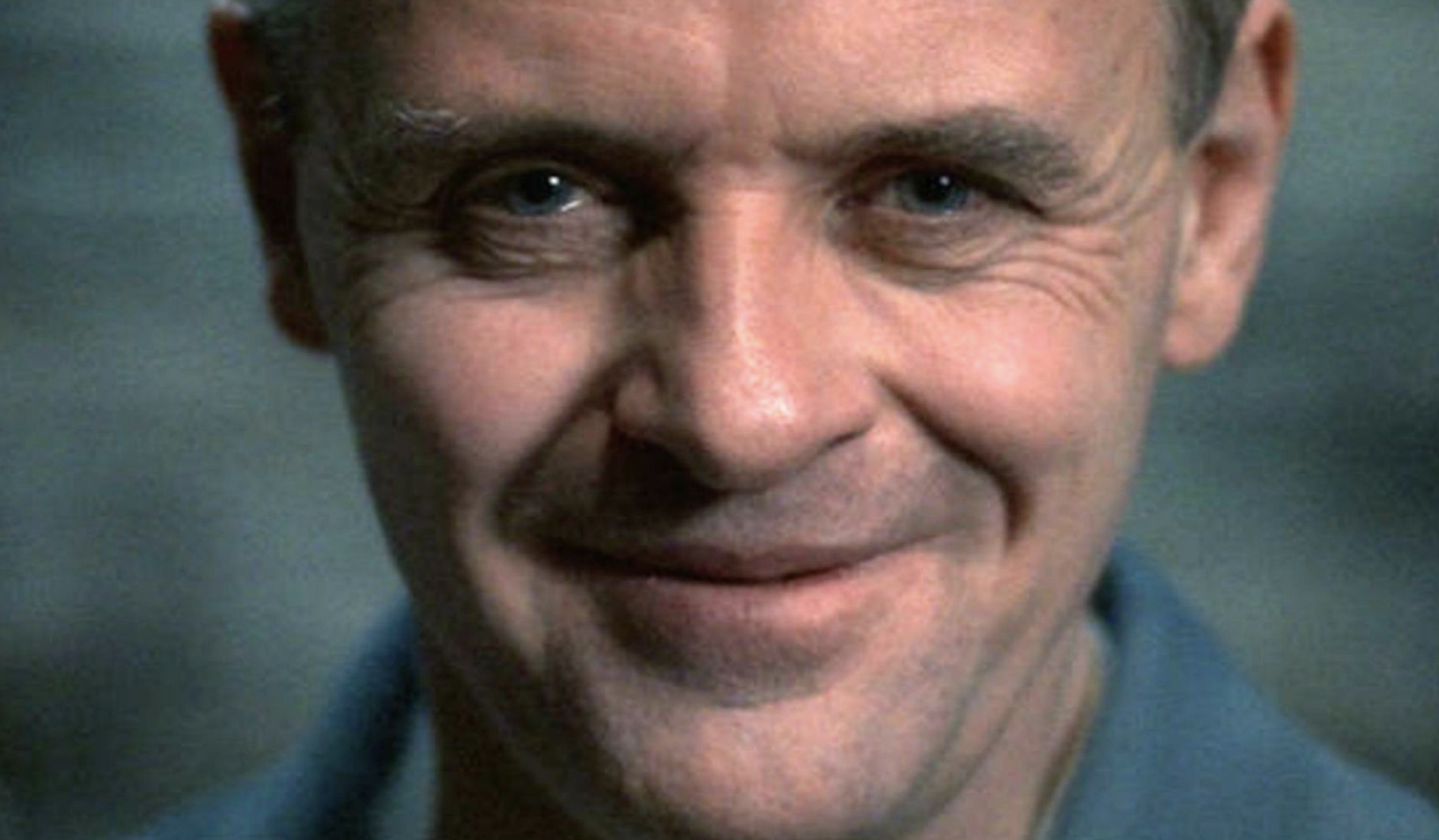The Hannibal lecter aka the evasive expert
In the realm of Inner Villain archetypes, we encounter another captivating character—Hannibal Lecter, also known as the Evasive Expert. Hannibal embodies the Enneagram Type Five and resides in a world marked by the rejection of emotions. His journey, much like the character from the movie, Hannibal Lecter, involves a transformation into a sociopath as he seeks to devour the emotions and humanness of others. In this article, we will delve into the layers of Hannibal Lecter's villainy, exploring his rejection of emotions, his belief in the supremacy of his mind, and his path toward redemption.
1. The Rejection of Emotions:
There was a point in my early life, when I saw that my sister was struggling with being a grieving child. I remember that I felt that her feelings, as well as my own, were actually a weakness. So instead I decided to be strong, and rely only on my mind. This was magical thinking for two reasons, the first was that I was not capable of ignoring my feelings and the second was that emotions were not necessary to be successful in life.
At the heart of Hannibal Lecter's character is a profound rejection of emotions. Much like the character in the movie, he attempts to become a sociopath by suppressing and consuming the emotions of others. How does this rejection of emotions shape his actions and ultimately lead him down this treacherous path?
2. The Belief in the Mind's Supremacy:
In the first stage of his villainy, Hannibal Lecter clings to the belief that his mind is the most valuable part of himself. He strives to become smart and accomplished, negating the importance of his emotions in the process. How does this mindset drive him toward achieving intellectual prowess at any cost?
3. The Mind as the Savior:
In the second stage, Hannibal Lecter attempts to save others with his knowledge. He believes that his expertise can rescue people from their emotions, sparing them from the pain of feeling. How does this desire to "save" others ultimately lead to his increasing detachment from his own emotions?
4. The Rejection of Others:
As Hannibal Lecter progresses into the third stage, he becomes increasingly incapable of feeling and further rejects himself. In his efforts to protect others from his perceived emotional danger, he may reject others outright or discard an entire part of himself—the emotional self. How does this rejection of emotions and others shape his character and relationships?
5. The Path to Redemption:
The redemption of Hannibal Lecter lies in the acknowledgment that embracing and understanding big feelings, even if they seem harmful to oneself and others, is superior to relying solely on the intellect. How can he come to recognize the value of emotions and work toward a more balanced and integrated sense of self?
Conclusion:
Hannibal Lecter, the Evasive Expert, is a complex inner villain marked by the rejection of emotions and a relentless pursuit of intellectual prowess. By exploring the depths of his character, we can gain insights into the role of emotions in our lives and work toward a more balanced and empathetic sense of self. In future articles, we will explore strategies for breaking free from the clutches of this inner villain and embracing a more authentic and emotionally aware life. Stay tuned for valuable insights!

